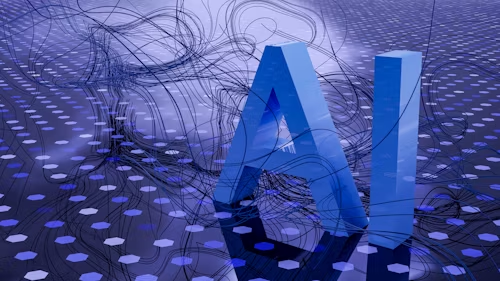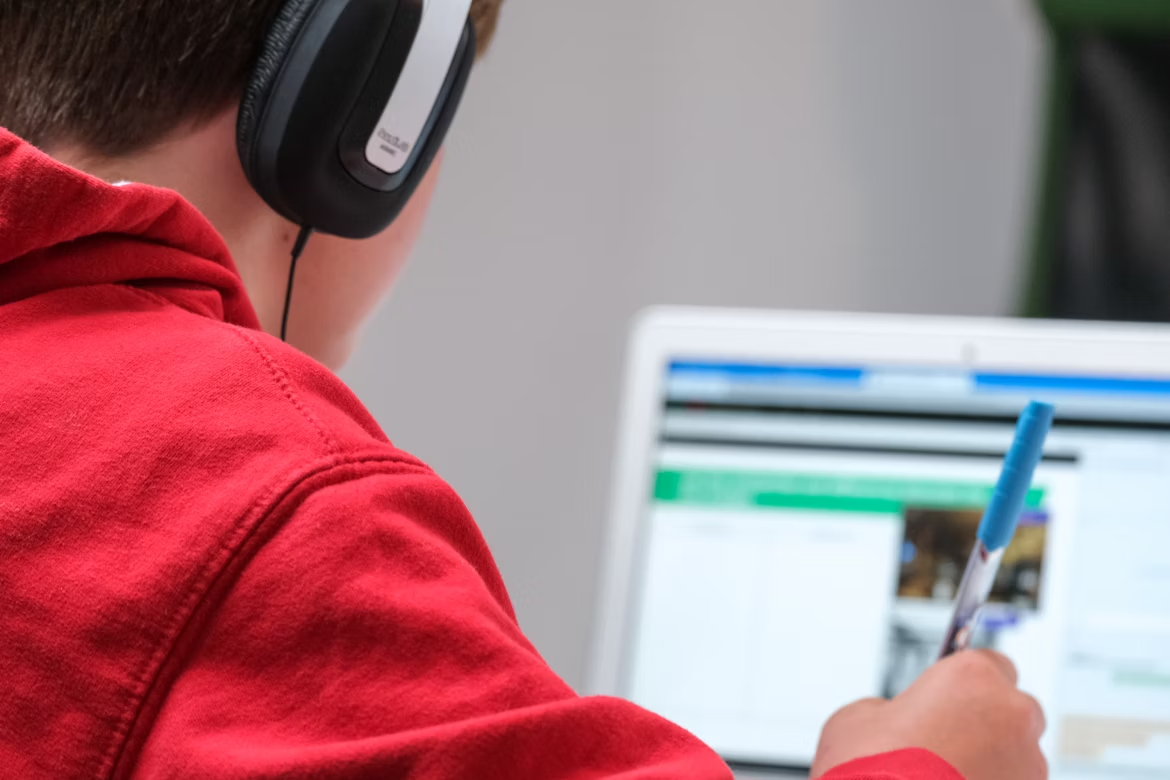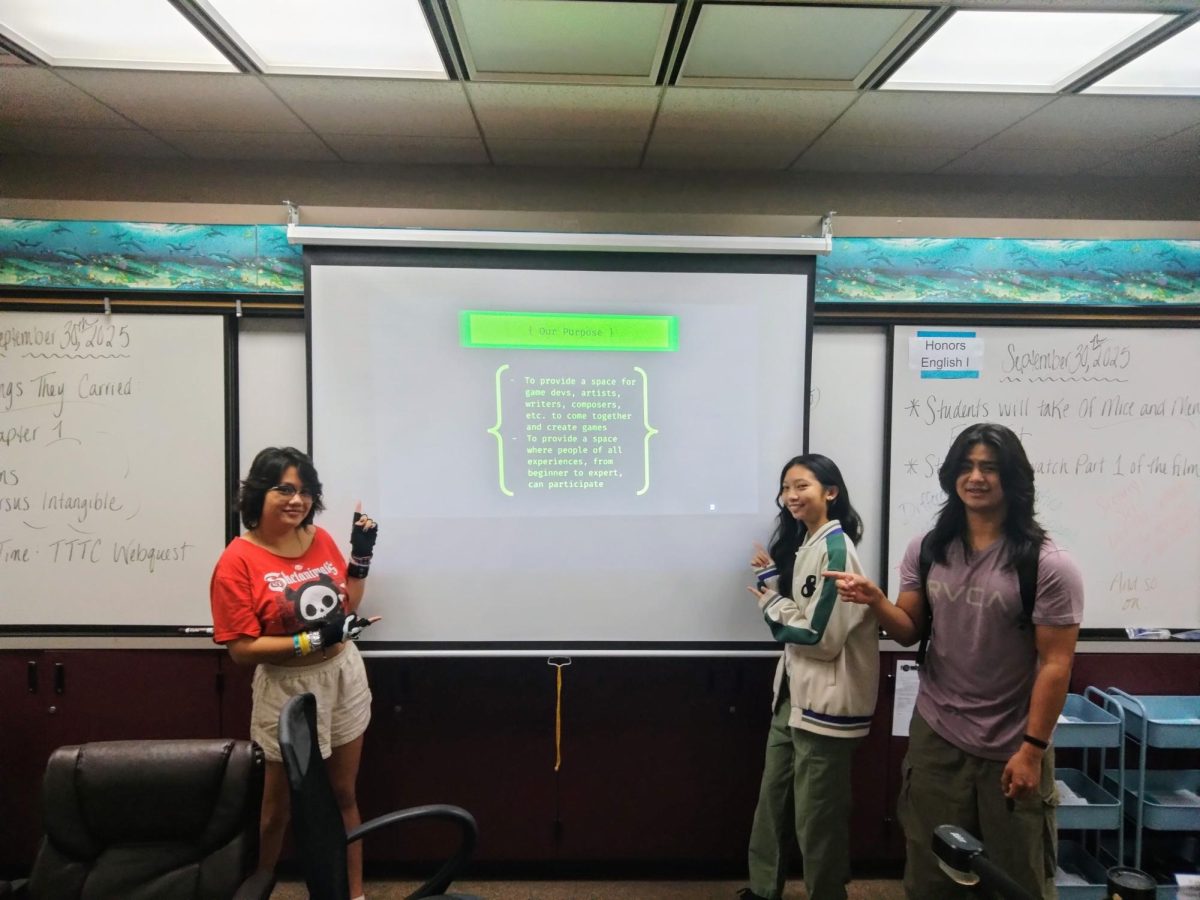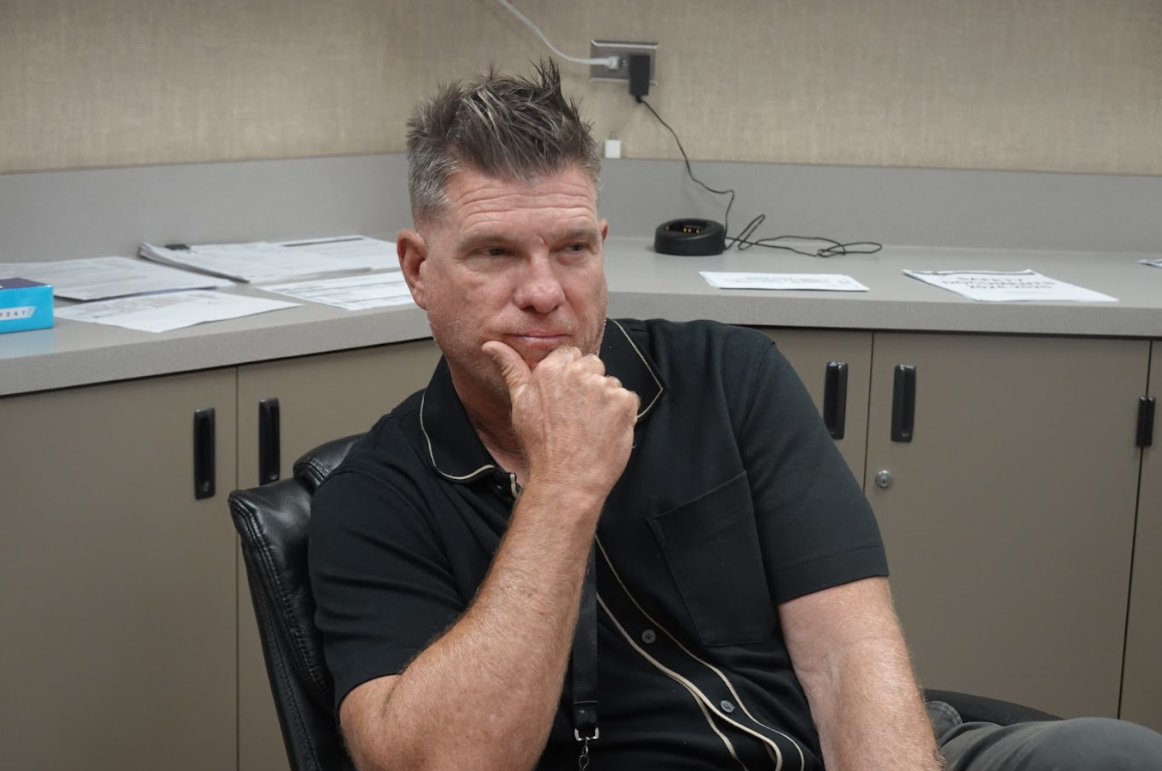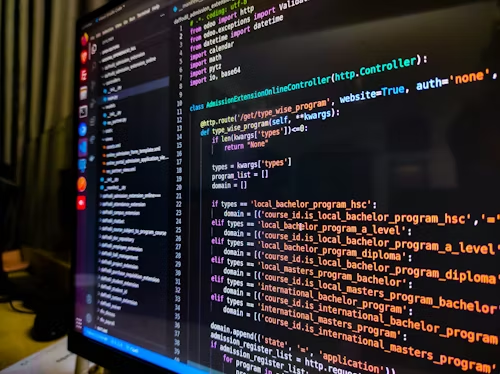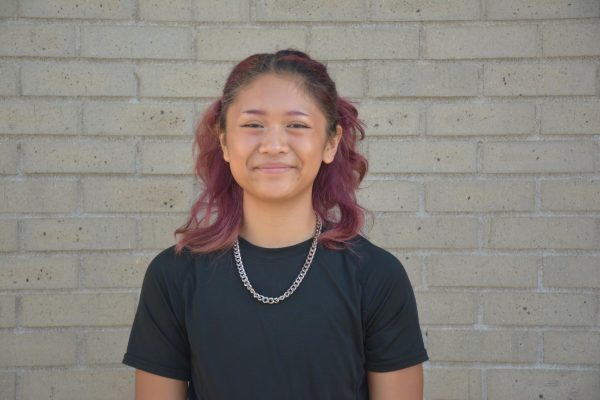Teachers at Aliso Niguel High School are voicing their thoughts on the growing use of artificial intelligence in education, as the technology becomes increasingly popular among students and staff.
While many praise the benefits of AI tools like ChatGPT and Google Gemini, concerns about ethics and academic integrity remain at the forefront of the discussion.
Artificial intelligence, which uses human input and computer-generated output to produce information, is now integrated into platforms such as Grammarly and Quizlet. These tools are changing how students learn and how teachers approach instruction.
Mr. Lihme, an English teacher at Aliso Niguel, uses an AI assistant named Astrid to interact with students in his classroom.
“Educators resisting against AI is dangerous,” he said. “We have two obligations as educators: to nurture students and teach them to be cognitive collaborators with AI.”
Despite the positive experiences, Lihme acknowledged challenges. “Students want AI to do it for them — and the same goes for teachers,” he said. He emphasized the importance of meaningful learning, urging that education should not rely solely on AI to provide answers. “We must foster hard-working students with a strong work ethic,” he added.
Not all educators at Aliso Niguel are on board with AI in the classroom. Mrs. Fallman, who teaches American government, believes the technology can hinder student growth.
“It does not promote learning or critical thinking skills,” she said. “The most important thing is students analyzing information and thinking for themselves.”
She also expressed concern about how students are adapting to the technology.
“Students adapted to knowing they can cheat the system, and it is a problem for future generations,” Fallman said.
To combat academic dishonesty, teachers at the school have implemented AI and plagiarism detection tools on digital submission platforms. Fallman also has students handwrite assignments to make cheating more difficult.
Academic integrity remains a top concern for educators, who say AI can prevent students from reaching their full potential.
One of the main appeals of AI for students is convenience. But this can be harmful to authentic learning, as it limits a teacher’s ability to assess what students actually understand.
Beyond the classroom, some are raising concerns about AI’s environmental impact, an issue that often goes overlooked.
According to MIT News, generative AI requires a significant amount of electricity, resulting in increased carbon dioxide emissions. Data centers that run AI systems also consume large amounts of water, nearly two liters per kilowatt-hour of energy used for cooling purposes.
Mindfulness about environmental consequences is something future generations will need to consider, especially as they inherit a planet already under strain.
AI is advancing at a pace faster than many can fully grasp. Teachers at Aliso Niguel say it is critical to educate students about both the benefits and the potential risks of AI, not only in academics but also for the future of the Earth.
While not everyone will embrace it, AI is becoming an everyday part of life. Understanding its impact on education and society is more important than ever.
